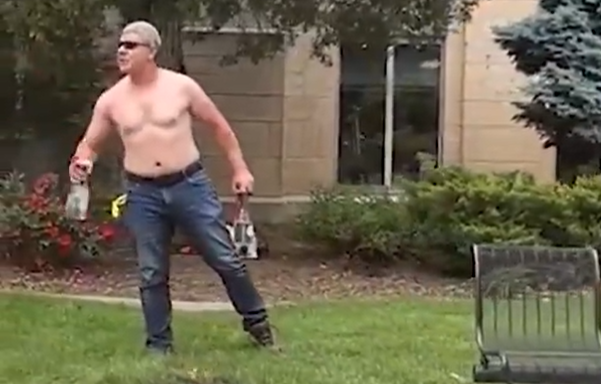Mohamed Sabry Soliman has been indicted on 12 federal hate crime charges related to a violent attack on a pro-Israel rally in Boulder, Colorado, on June 1, 2025. During the rally supporting Israeli hostages held in Gaza, Molotov cocktails were thrown at participants, injuring several individuals. The expanded charges allege that Soliman targeted victims based on their perceived or actual national origin and include the use and possession of explosive devices. Legal proceedings are underway as the community responds to the incident amid broader concerns about hate crimes and public safety.
Details of the Incident and Charges
On June 1, 2025, Mohamed Sabry Soliman allegedly participated in a violent attack during a pro-Israel rally held in Boulder, Colorado. The rally was organized to support Israeli hostages who were detained in Gaza. According to federal prosecutors, Soliman threw Molotov cocktails at rally participants, causing injuries to multiple individuals.
The indictment charges Soliman with 12 federal hate crime counts, stemming from his actions that targeted people based on their perceived or actual national origin. The charges include the use and possession of explosive devices, highlighting the severity of the attack.
Legal Proceedings and Community Response
Following the indictment, legal proceedings have commenced in federal court. Soliman faces significant penalties if convicted, reflecting the federal government’s commitment to prosecuting hate crimes. His defense has yet to issue a detailed statement.
The Boulder community has expressed concern and condemnation in response to the attack. Local officials and community leaders have emphasized the importance of addressing hate crimes promptly to ensure public safety and maintain social cohesion. The incident has sparked discussions about rising tensions and the need for stronger measures to prevent violence at public demonstrations.
Broader Context and Implications
This attack occurs against a backdrop of increased awareness and reporting of hate crimes across the United States. Federal authorities have intensified efforts to investigate and charge individuals who commit offenses motivated by bias or prejudice.
The targeting of participants based on national origin in this context underscores the intersection of international conflicts and domestic security concerns. Experts have noted that political rallies, particularly those addressing sensitive geopolitical issues, can become flashpoints for violence.
As the case progresses, it will be closely watched as an example of how the justice system responds to hate-motivated violence and the use of incendiary devices in public settings.
The indictment of Mohamed Sabry Soliman on 12 federal hate crime charges marks a significant development in the legal response to violence motivated by national origin bias. The attack on the pro-Israel rally in Boulder not only resulted in physical harm to participants but also heightened concerns about public safety and the rise of hate crimes in politically charged environments. As legal proceedings continue, the case highlights the federal government’s resolve to address hate-motivated offenses and the broader societal need to prevent such violent incidents. The community’s reaction and ongoing discussions emphasize the importance of fostering social cohesion and vigilance against hate-fueled violence, particularly in the context of contentious international issues that may inflame domestic tensions.

